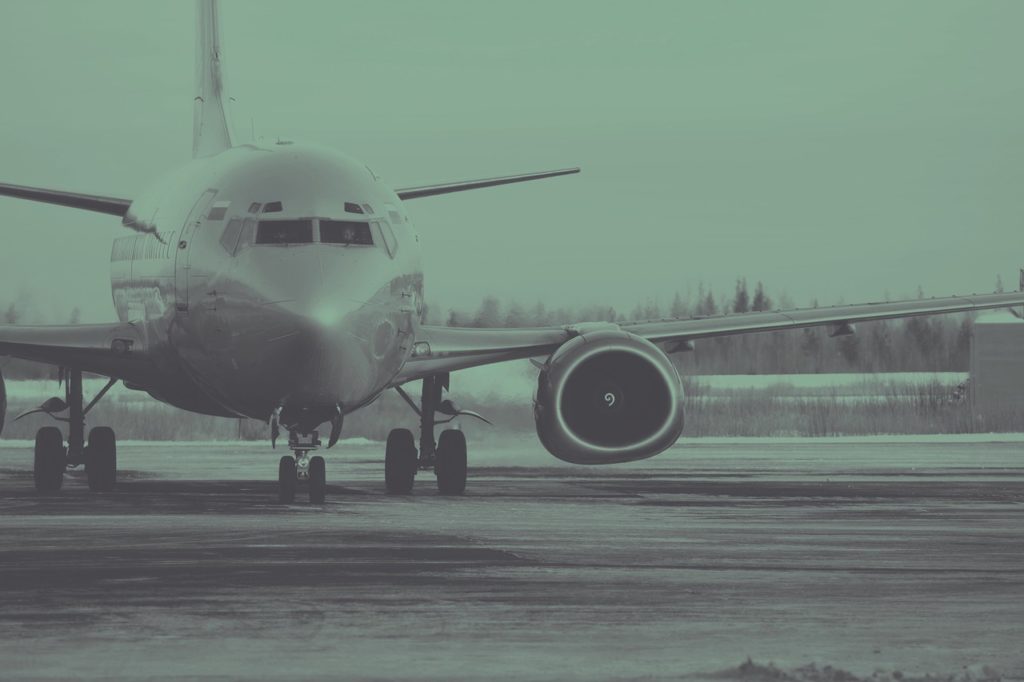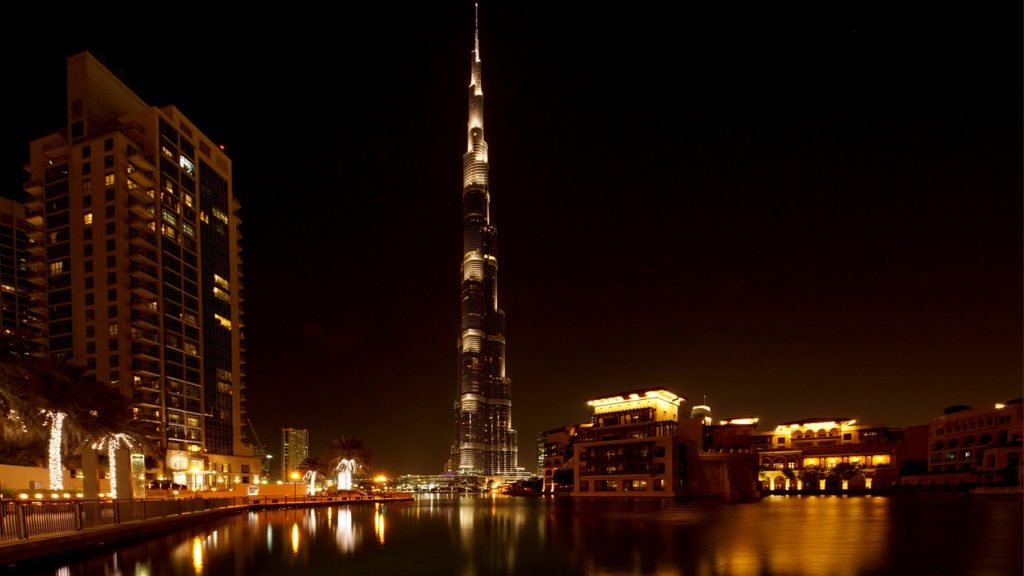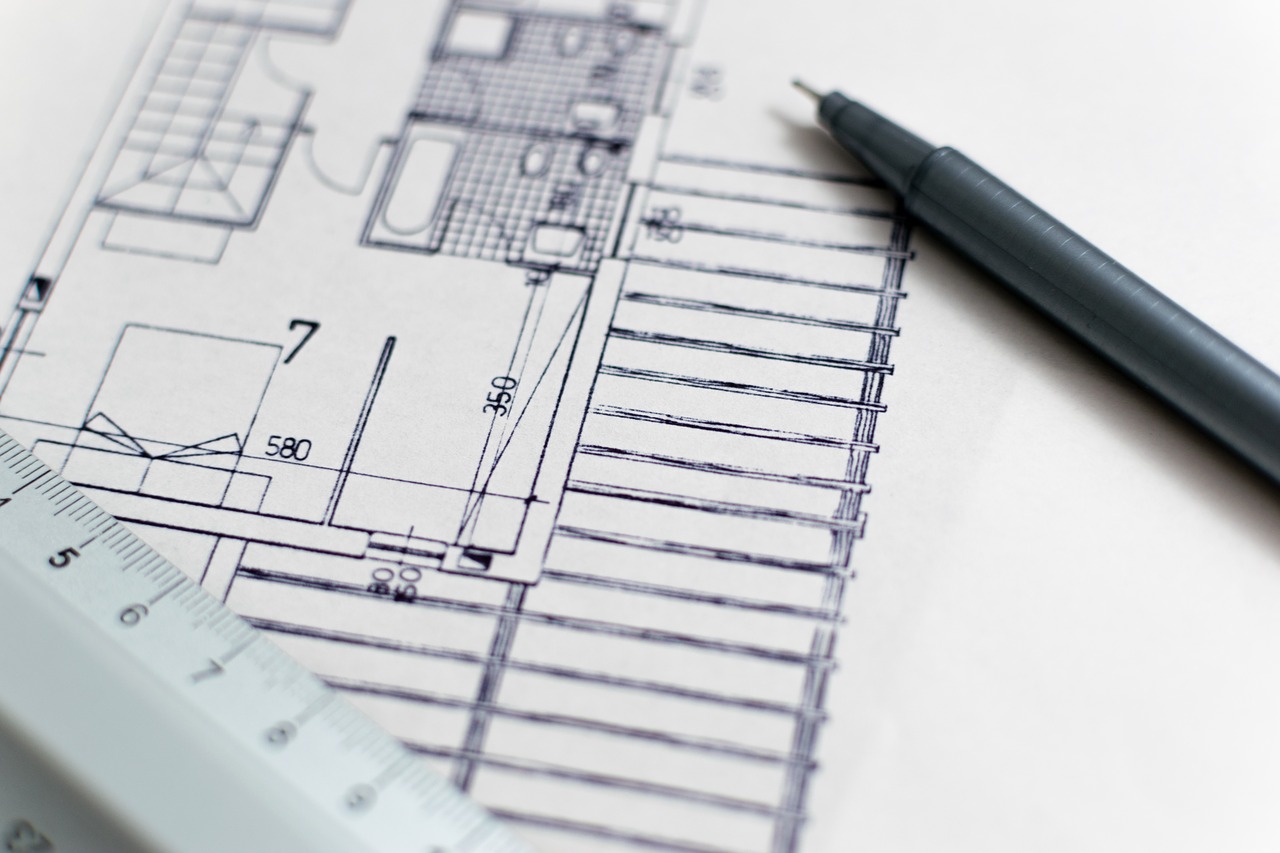Despite being the second-largest oil producer in the world behind the United States, Saudi Arabia is working to reduce its economic reliance on the oil and gas sector. So while oil revenue increased by 2 percent in the first quarter of 2018 from the same period a year prior, non-oil revenue climbed a whopping 63 percent during the same time, due in large part to improved tax collection. In August, the Kingdom’s private non-oil sector reached its highest point in 2018 with a Purchasing Managers Index rating of 55.1. To further facilitate such growth, Saudi Arabia is spending billions of dollars each year on infrastructure development to expedite the expansion of non-oil business sectors.
Report Suggests $1.1 Trillion in Spending over 20-Year Period
Not only is Saudi Arabia’s infrastructure project pipeline the most expensive in the Middle East, it’s also one of the most ambitious in the world. According to a recent report by Strategy & Middle East, the Kingdom is expected to spend $1.1 trillion on infrastructure projects from 2019 to 2038. That total, according to the report, will comprise 1.2 percent of the global total. The second-highest spender in the Middle East is expected to be the United Arab Emirates, which is projected to invest $350 billion in infrastructure during the same time.
The report also noted that states that are not part of the Organisation for Economic Cooperation and Development (OECD) are expected to spend a combined $57 trillion on infrastructure projects, whereas OECD countries will spend an estimated $34 trillion. Saudi Arabia, like other non-OECD countries, is invested in the localization of its manufacturing. While that could play an integral role in fueling economic growth, the report stressed that policymakers need to be aware of biases like false aggregation of demand, a fixation on familiar objects, and absolutist target-setting.
“Overcoming these biases will require analytical and behavioral safeguards that complement and reinforce each other,” said Strategy & Middle East partner Dr. Shihab Elborai, speaking to the business news outlet TradeArabia.com. “Regarding analytical measures, policymakers need to develop a detailed view of procurement spending, establish a baseline of local supply chain capabilities, and quantify the trade-offs from specific initiatives.”

Airport Project in City of Jazan
The aviation industry has been one of the biggest benefactors of Saudi Arabia’s Vision 2030 program aimed at diversifying the economy. In 2017, the Kingdom’s airports registered an 8 percent growth in total passenger numbers, reaching 91.8 million; according to the General Authority of Civil Aviation, those figures are expected to reach 100 million in 2018. The Kingdom has 26 airports that operate commercial flights, and several of those are undergoing redevelopment or expansion to accommodate dramatic growth. In addition to new terminals at Riyadh’s King Khalid International Airport, there are plans to build new airports in both Riyadh North and Riyadh South, as well as in Taif, Al-Qunfudah, and Jazan.
The Jazan airport, which is being constructed with a budget of 2.5 billion Saudi riyals, will be located 30 kilometers north of the city and cover 5 million square meters. It will be strategically positioned between Jazan and the Jazan Economic City in an effort to facilitate growth in the manufacturing and energy sectors in both cities.
To manage continued growth of the airline sector, the Kingdom will require 11,700 aviation technicians and 8,800 pilots by 2024.
“The whole country is transforming and exploring opportunities for growth and getting to its potential,” said Saleh bin Nasser Al-Jasser, director general of the national carrier Saudia, in an article published in Gulf Business. He noted that the airline is pursuing growth by focusing on the strength of its market and expanding its fleet.
The World’s Tallest Building
Perhaps the most ambitious—or at least the most spectacular—construction project in Saudi Arabia is the Jeddah Tower, which is expected to surpass Dubai’s Burj Khalifa as the world’s tallest building upon its estimated completion date of 2020. The $1.4 billion tower is expected to reach 1,000 meters in height; in contrast, the Burj Khalifa stands 829.8 meters tall. The tower will include residential apartments, office space, hotels, luxury condominiums, and tourist attractions, and will serve as the center of the Jeddah Economic City.

Vox Cinemas Multiplex to Open in Riyadh
In early 2018, Saudi Arabian Crown Prince Mohammad bin Salman announced the end of the Kingdom’s 35-year ban on movie theaters, which was followed four months later by news that AMC Theaters was opening the first cinema in the Kingdom. It hasn’t been a full year, but already the market is growing and diversifying. In September, Dar Al Arkan Real Estate Development Company signed a contract with Dubai’s Majid Al Futtaim to establish a Vox Cinemas multiplex in Riyadh. The 15-screen theater will open in the first quarter of 2019 at the Al Qasr Mall, which is being redeveloped as a casual dining and entertainment hub. The multiplex is one of an estimated 40 cinemas that will be built in the Kingdom over the course of the next five years.

